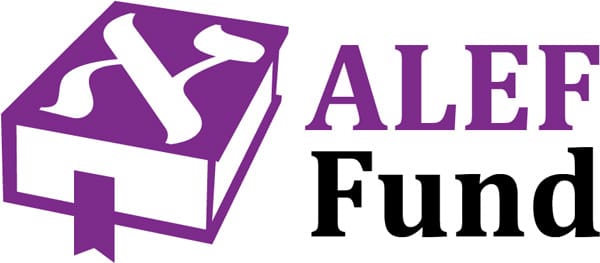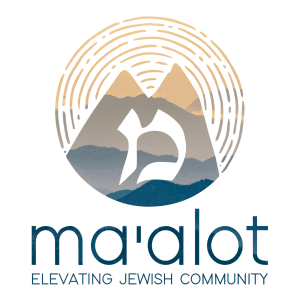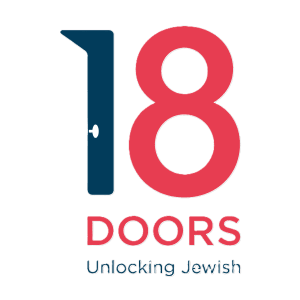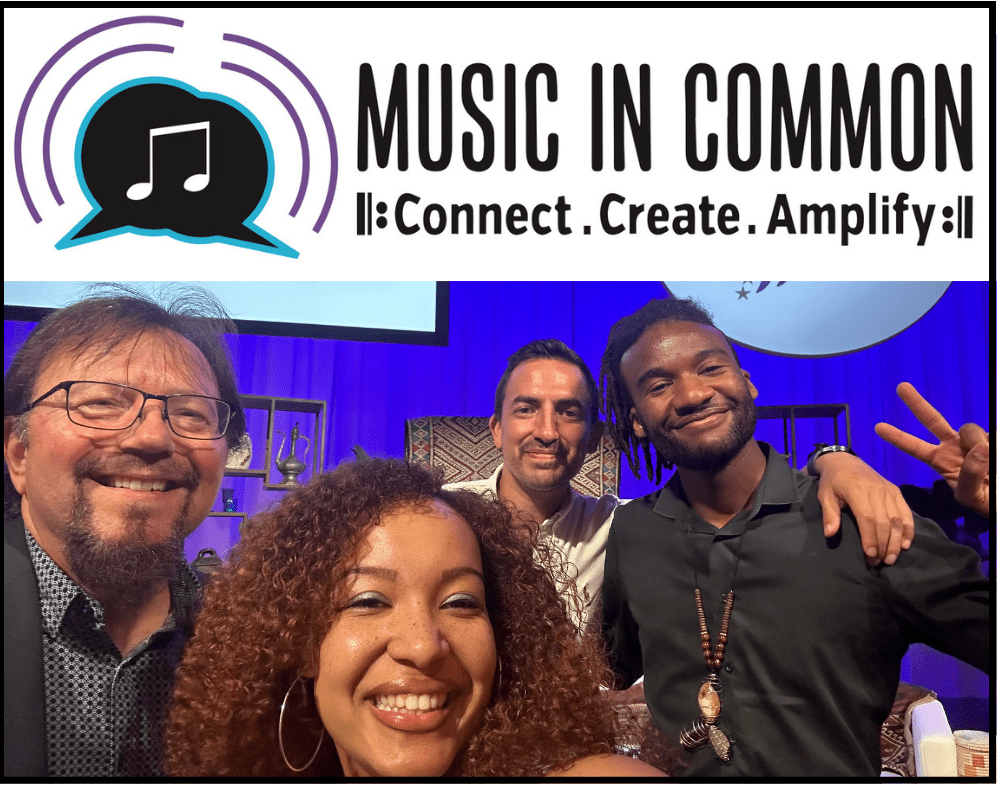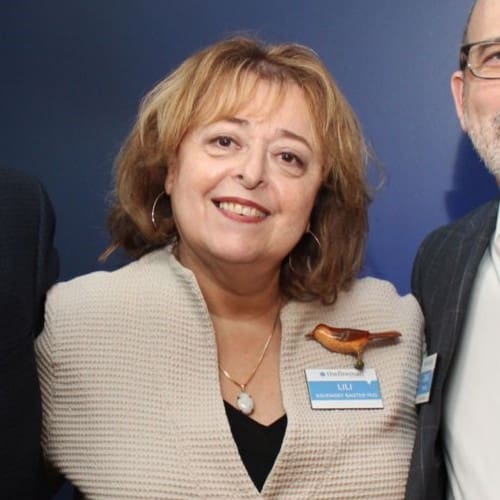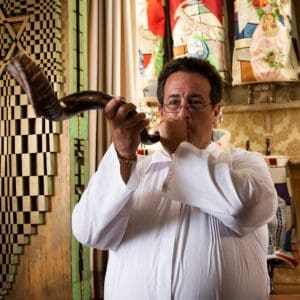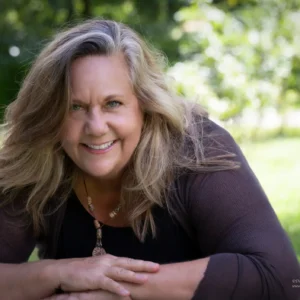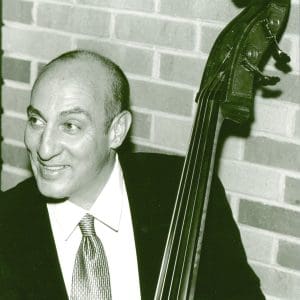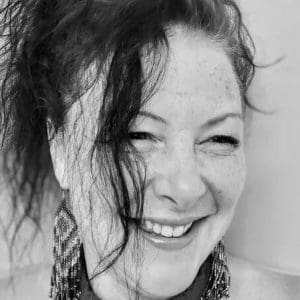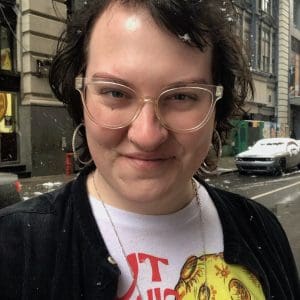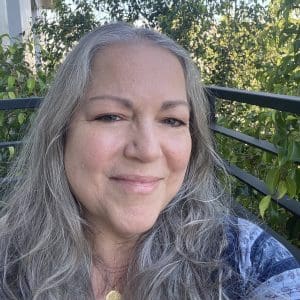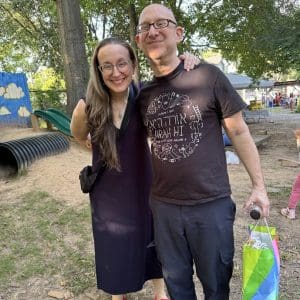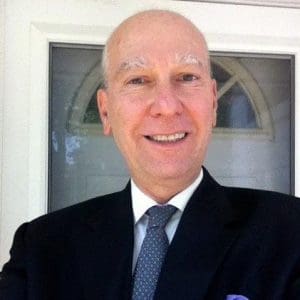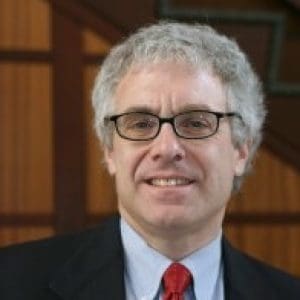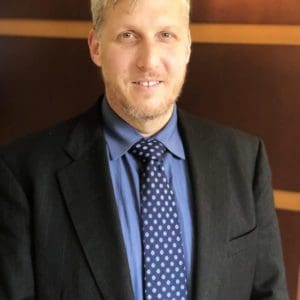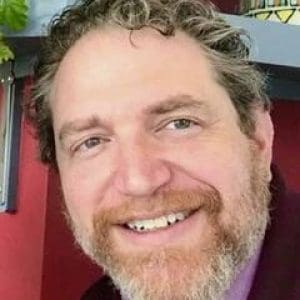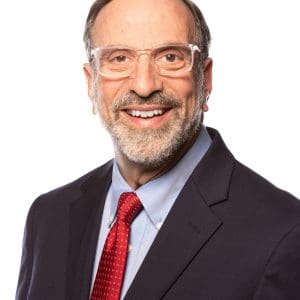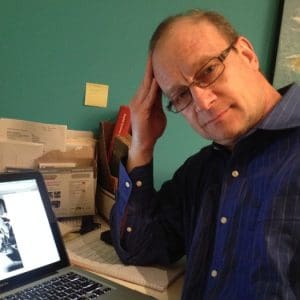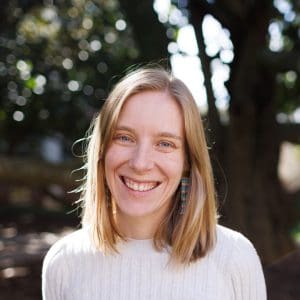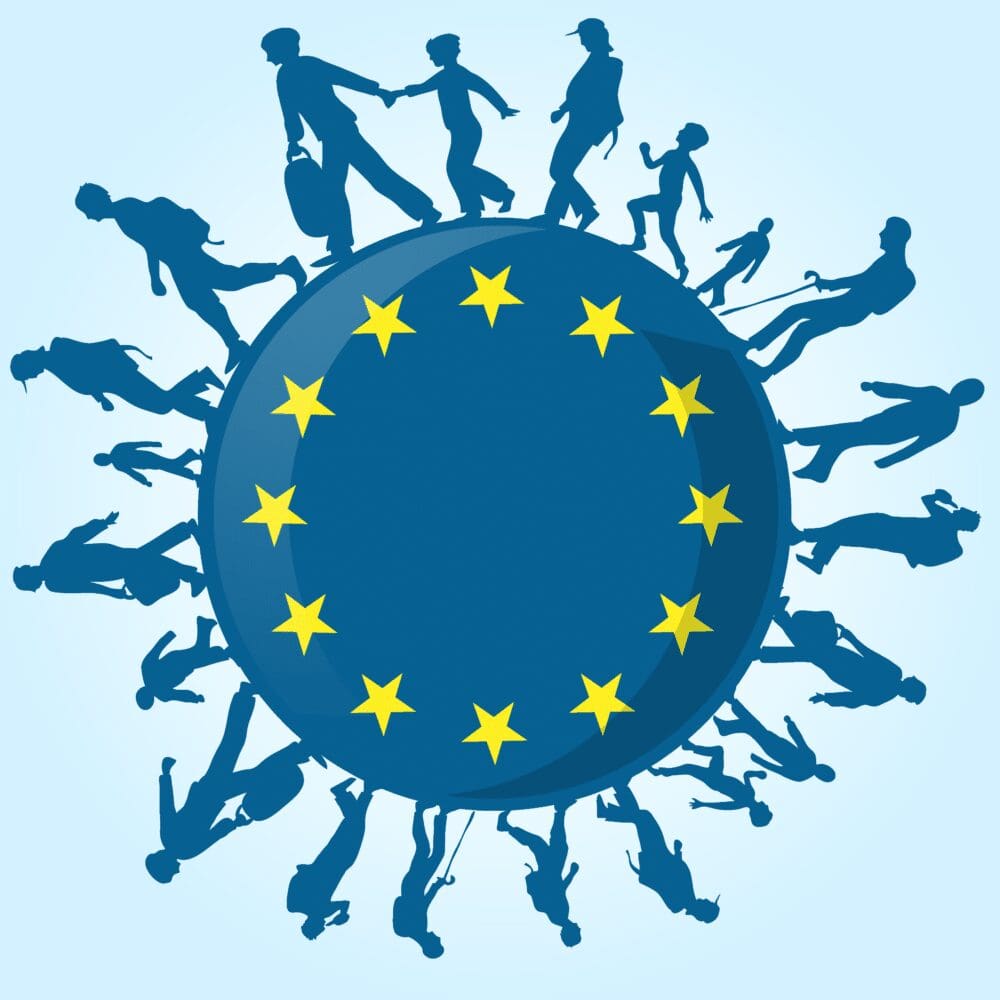Torah Commentary with Rabbi Laurence Rosenthal
Parshat Metzora
Leviticus 14:1-15:33
Seeing the Metzora
By Rabbi Laurence Rosenthal
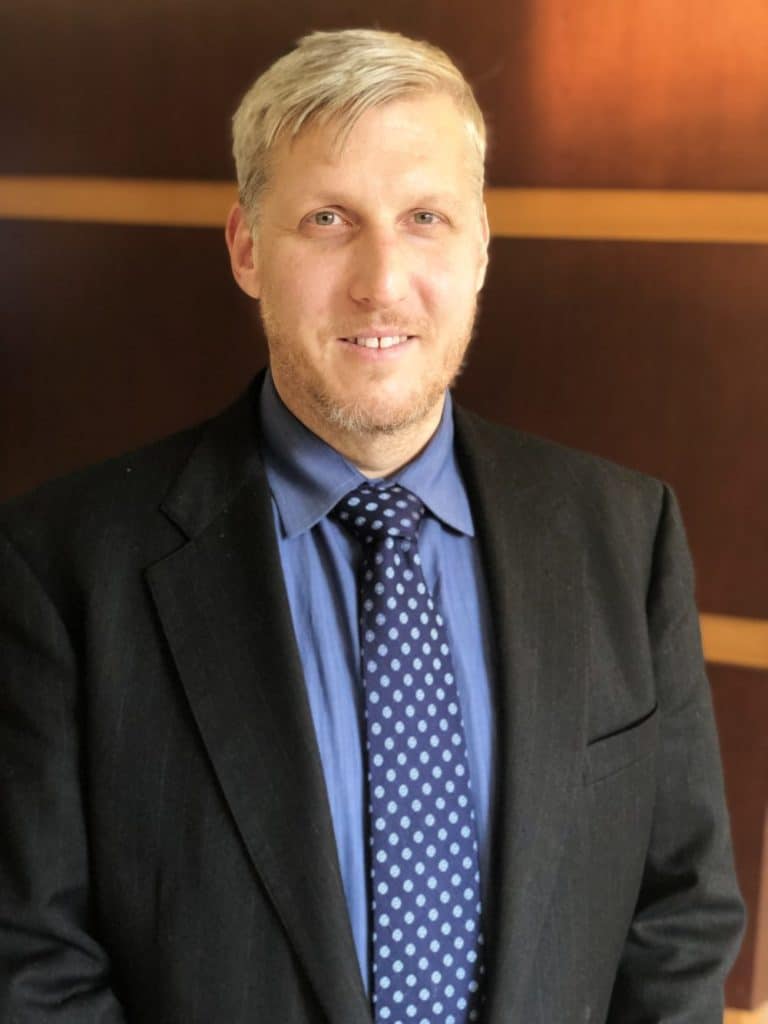
There is an unusual sentence at the beginning of this week's sidra which is drawing my attention. In Leviticus Chapter 14, we learn about the encounter of the metzora, a person with a scaly skin condition which has required quarantine outside the encampment of Israel, with the priest who is acting as the clinician. Our parsha opens at the end of the quarantine period and after healing has occurred. We are told that the Cohen goes out of the camp to examine the individual in question. The Torah makes some assumptions about this person's condition. The text begins by telling us,
זֹאת תִּהְיֶה תּוֹרַת הַמְּצֹרָע בְּיוֹם טָהֳרָתוֹ וְהוּבָא אֶל־הַכֹּהֵן:
"This is the Torah (lit: teaching) of the metzora in the day of their purification, and when they are brought to the Cohen" (Leviticus 14:2).
Interestingly, the next verse states that this 'teaching of the metzora's purification' is predicated on the Priest seeing that healing has occurred. I find it noteworthy to point out that if this was truly the day of their purification, wouldn't the examination (the "seeing") already have taken place? Meaning, if the priest didn't find the infection to have cleared then presumably the metzora would have returned to quarantine. More important is the discrepancy between verse 2 and verse 3:
וְיָצָא הַכֹּהֵן אֶל־מִחוּץ לַמַּחֲנֶה וְרָאָה הַכֹּהֵן וְהִנֵּה נִרְפָּא נֶגַע־הַצָּרַעַת מִן־הַצָּרוּעַ:
"The Cohen goes outside the encampment and the Cohen sees and behold, the one who is afflicted with the infection was healed from the infection" (Leviticus 14:3).
In verse 2 it states that the metzora is brought to the Cohen and in Verse 3 is appears that the Cohen goes to the metzora who has been waiting outside the camp. Finally, we get to the sentence that I am branding unusual:
וְצִוָּה הַכֹּהֵן וְלָקַח לַמִּטַּהֵר
"And the Cohen commanded and he took for the one to be purified" (Leviticus 14:4).
What am I finding unusual about this sentence structure? Firstly, although we have learned a lot about the work of the Cohen, I don't remember the Cohen "commanding." The term "tziva" (related to the word, Mitzvah) is usually reserve for God. However, it appears that the Cohen is not only being instructive he is doing so aggressively, "the Cohen commands." Next, it isn't clear what the Cohen is commanding or who the Cohen is commanding. The inclusion of the letter "vav" with the next word "lekakh – and he took," seems to indicate what the Cohen did next, not necessarily what the Cohen commanded others to do. And to drive this point even further, the patient's new title, "the one to be purified," has the prefix letter of lamed which means "for," indicating that the birds which will be offered later in the verse are to be taken "for" the one who is to be purified, not from. This is all to say that it remains unclear who is being commanded and what exactly that commandment is in this case.
The remainder of the verse and subsequent verses share ritual instructions which are familiar to the many chapters and instructions that have preceded this verse throughout the book of Leviticus. So why and what is the priest commanding? I imagine that the priest must speak boldly and commend others on behalf of the exiled because others might be hesitant to let them back in. The Torah states that the metzora is to be brought to the Cohen but eventually, the Cohen needed to get up and go out to the metzora. Why wasn't the metzora brought to the Cohen as instructed by the Torah? Was there nobody willing to escort the metzora to the Cohen? Have the barriers of the community become so impenetrable that the Cohen needed to go out because the metzora couldn't gain access? Additionally, it's telling that the Cohen changes the person's title from metzora (afflicted one) to metaheir (purified one).
Since I am not a dermatologist, these verses speak to my spiritual life slightly differently, but the challenges are still the same. As one of the leaders of our community, I am ever mindful of those who have been "sent out" of the community and the work that needs to be done to bring them back in. Sometime the exile is specific to an individual – a death, a divorce, an unfortunate legal misstep, a political disagreement. For those cases, time often will help fade away the community's recollection and bias allowing those individuals clearer passage back into community. Other times, the reason or exile is more insidious and is steeped in cultural bias, fear, and bigotry – homosexuality, non-binary, and transgender people, Jews of color, intermarried, people who convert, to name a few. These situations require us to boldly state what these individuals mean to us as a community – they are Jews and we must embrace and bring them into our community. The metzora in these cases afflicts the eyes and mind of those keeping them out and not as a stain on those being kept outside the camp. It's important that we do as our Cohanim did, venture outside the camp, see them, really see them, and call them by a new name, one that is loving, caring and humanizing.



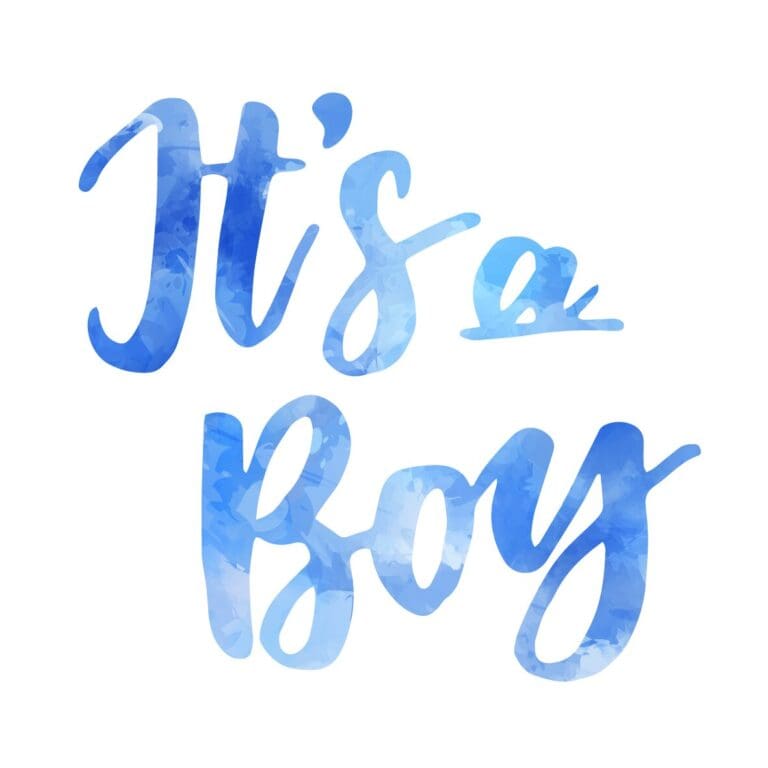
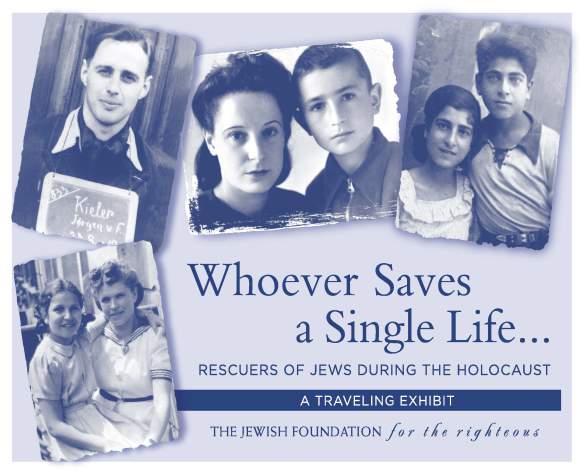
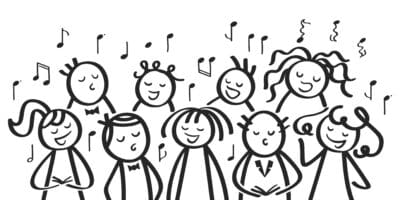
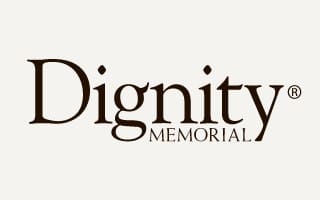


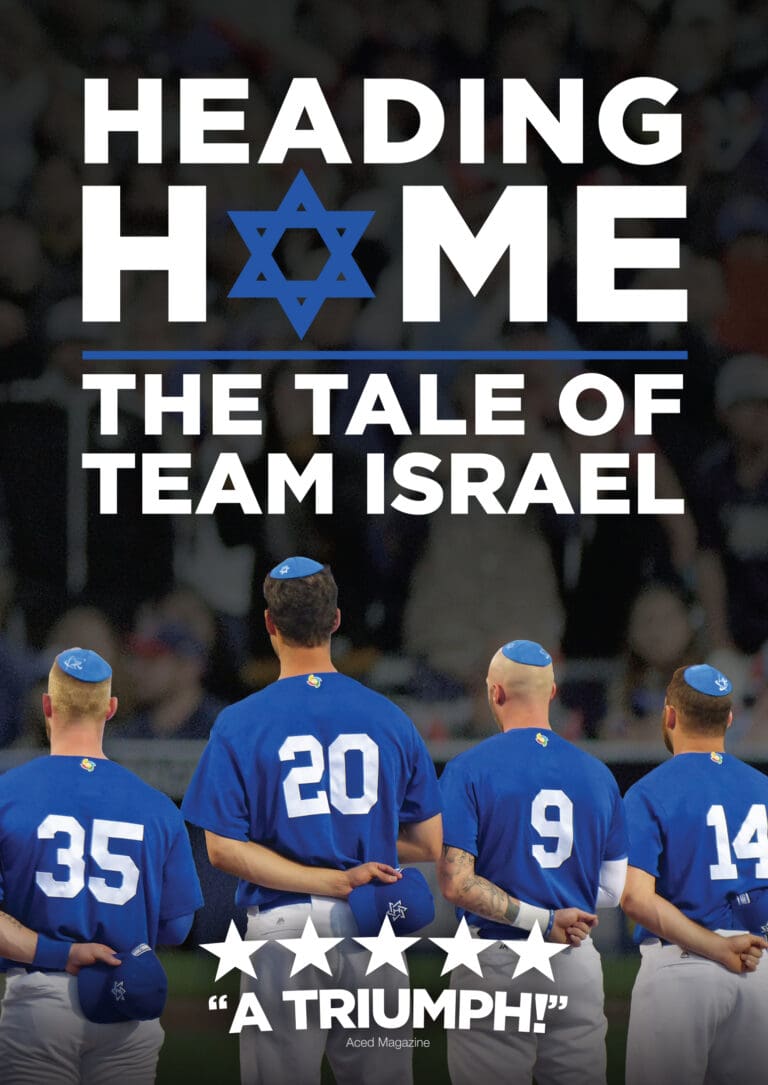
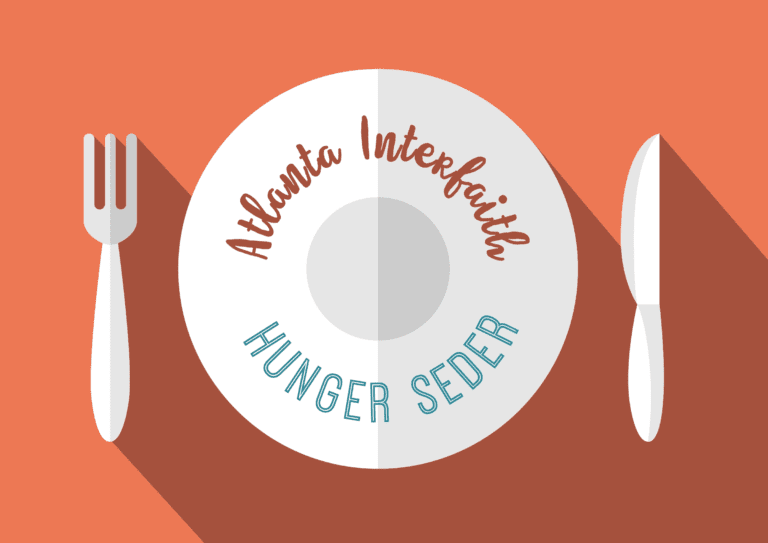


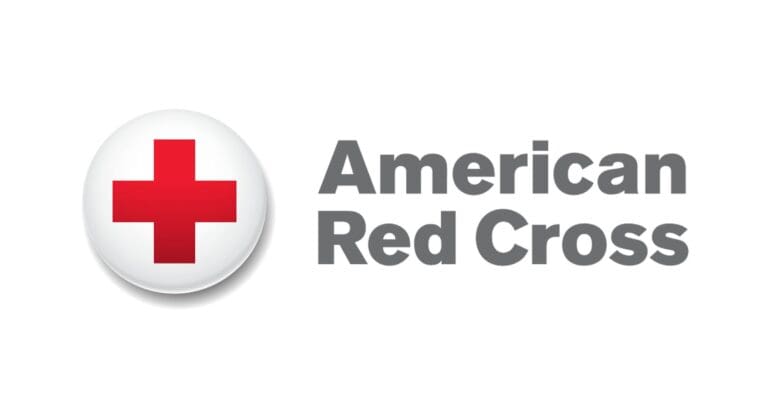
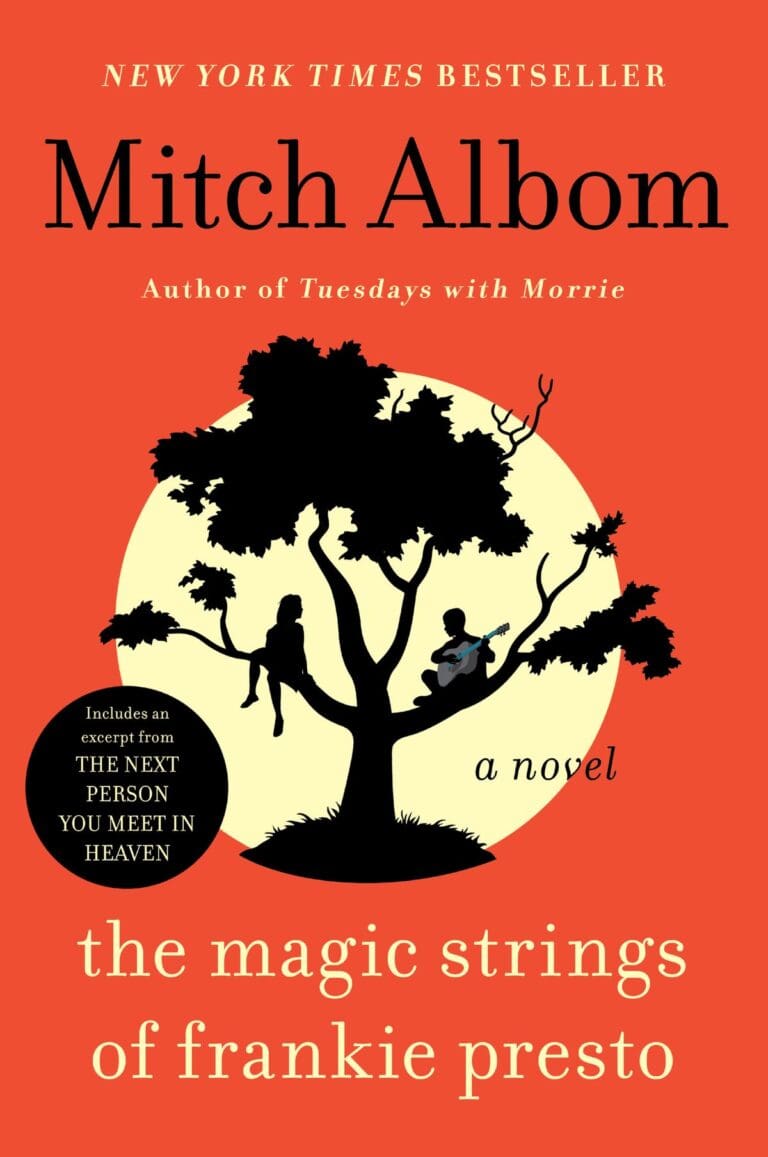
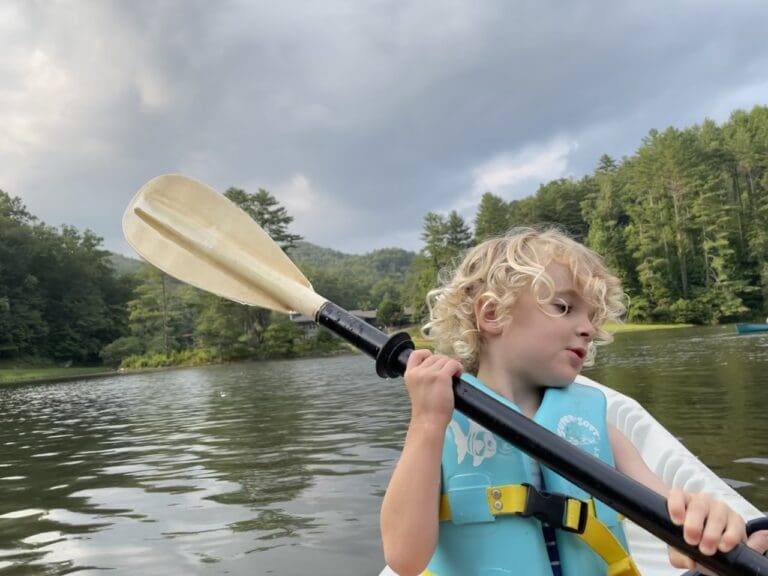
 This coming High Holidays, we will be switching from the the Machzor Hadash to the Lev Shalem Machzor! This new machzor, put out by the Conservative movement, is a huge improvement over the past movement machzorim. In addition to being nicely laid out and formatted, it has a modernized translation with more inclusive God language and transliteration for most of the commonly sung pieces of the liturgy, making it more accessible to use for all our congregants. A well-used siddur or machzor is like a trusted friend–it accompanies us through the ups and downs of our life's journey. While we know that it may be sad to say goodbye to the old machzor, we hope that this new machzor will open up the liturgy for you and deepen your experience of prayer and transformation on the Holidays.
This coming High Holidays, we will be switching from the the Machzor Hadash to the Lev Shalem Machzor! This new machzor, put out by the Conservative movement, is a huge improvement over the past movement machzorim. In addition to being nicely laid out and formatted, it has a modernized translation with more inclusive God language and transliteration for most of the commonly sung pieces of the liturgy, making it more accessible to use for all our congregants. A well-used siddur or machzor is like a trusted friend–it accompanies us through the ups and downs of our life's journey. While we know that it may be sad to say goodbye to the old machzor, we hope that this new machzor will open up the liturgy for you and deepen your experience of prayer and transformation on the Holidays. We are looking for nominations for The Marvin C. Goldstein and Rita Goldstein Wolfson Volunteer of the Year Award (presented to a volunteer who has shown outstanding efforts to strengthen our congregation and community) to be presented at the Annual Meeting in June. To submit recommendations, please contact Jackie Nix (
We are looking for nominations for The Marvin C. Goldstein and Rita Goldstein Wolfson Volunteer of the Year Award (presented to a volunteer who has shown outstanding efforts to strengthen our congregation and community) to be presented at the Annual Meeting in June. To submit recommendations, please contact Jackie Nix (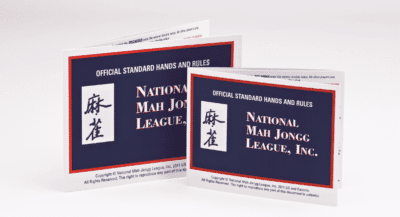 Extra 2022 cards available! To order your card(s), please email Barbara Nathan (
Extra 2022 cards available! To order your card(s), please email Barbara Nathan ( We are grateful for your continued support, patience, and fortitude as our community, country and world move through one of the most challenging times in modern history. With the guidance of the Center of Disease Control's (CDC) latest guidelines, we are sharing with you our updated protocols which will allow our synagogue building and community to live up to its traditional name, a Beit Knesset (A House of Gathering). Effective today, Friday, March 11, the following changes to our safety protocols will be in effect for our worship, cultural events, adult learning, and business meetings:
We are grateful for your continued support, patience, and fortitude as our community, country and world move through one of the most challenging times in modern history. With the guidance of the Center of Disease Control's (CDC) latest guidelines, we are sharing with you our updated protocols which will allow our synagogue building and community to live up to its traditional name, a Beit Knesset (A House of Gathering). Effective today, Friday, March 11, the following changes to our safety protocols will be in effect for our worship, cultural events, adult learning, and business meetings: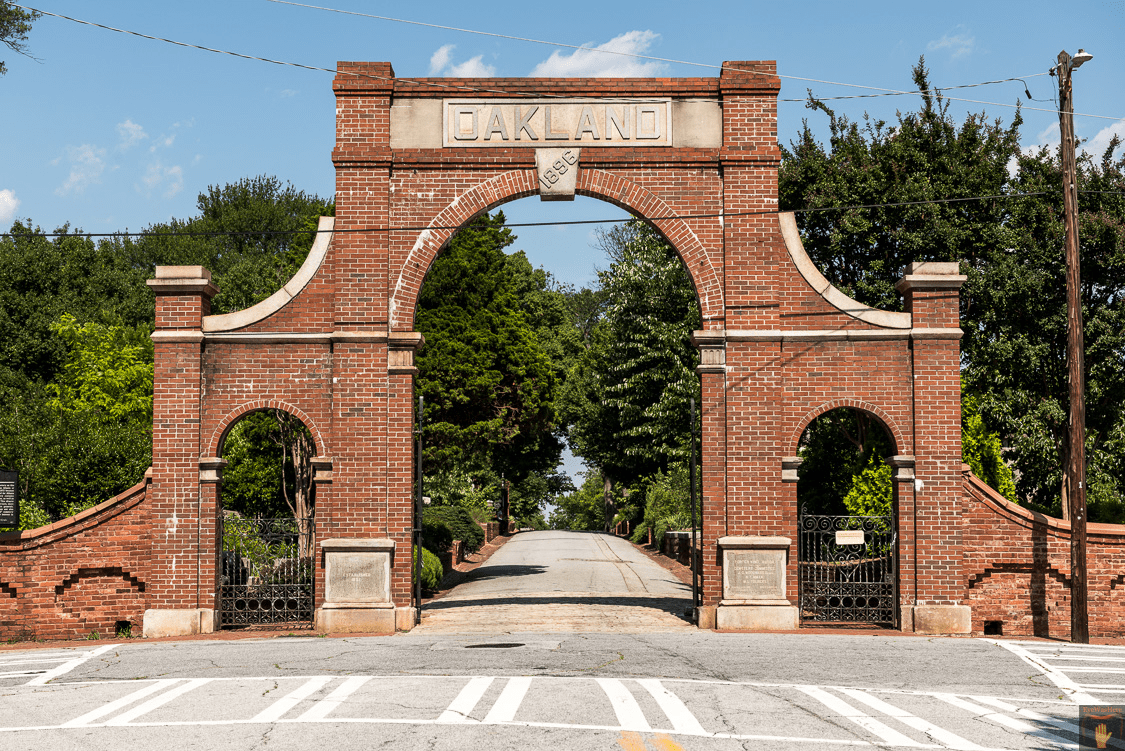 A joint committee representing AA Synagogue and The Temple, consisting of Betsy Teplis, Ivan Millender, Janice Rothschild Blumberg, Emilie Posner Haas, and Sperry Wilder (a tour guide at Oakland since 1999) has been formed to collect and compile your most relevant family history of those family members buried in Oakland Cemetery. Please note we are not soliciting funds for this project. It is voluntary. The information will be included on the tours of the AA and Temple sections in Oakland Cemetery and archived at the Breman Museum. We appreciate your participation in this worthwhile project. Please submit a brief synopsis of your interesting family history, hopefully by year-end, via email to Ivan Millender (
A joint committee representing AA Synagogue and The Temple, consisting of Betsy Teplis, Ivan Millender, Janice Rothschild Blumberg, Emilie Posner Haas, and Sperry Wilder (a tour guide at Oakland since 1999) has been formed to collect and compile your most relevant family history of those family members buried in Oakland Cemetery. Please note we are not soliciting funds for this project. It is voluntary. The information will be included on the tours of the AA and Temple sections in Oakland Cemetery and archived at the Breman Museum. We appreciate your participation in this worthwhile project. Please submit a brief synopsis of your interesting family history, hopefully by year-end, via email to Ivan Millender ( Do you know an AA congregant who is in the hospital or infirm? We are concerned about loved ones and friends who are in the hospital or infirm. Although our synagogue office remains closed, we are still working and would like to connect with you, especially in regards to pastoral care. If you have information about friends or family in the hospital or other care facilities, please contact Rabbi Rosenthal (
Do you know an AA congregant who is in the hospital or infirm? We are concerned about loved ones and friends who are in the hospital or infirm. Although our synagogue office remains closed, we are still working and would like to connect with you, especially in regards to pastoral care. If you have information about friends or family in the hospital or other care facilities, please contact Rabbi Rosenthal (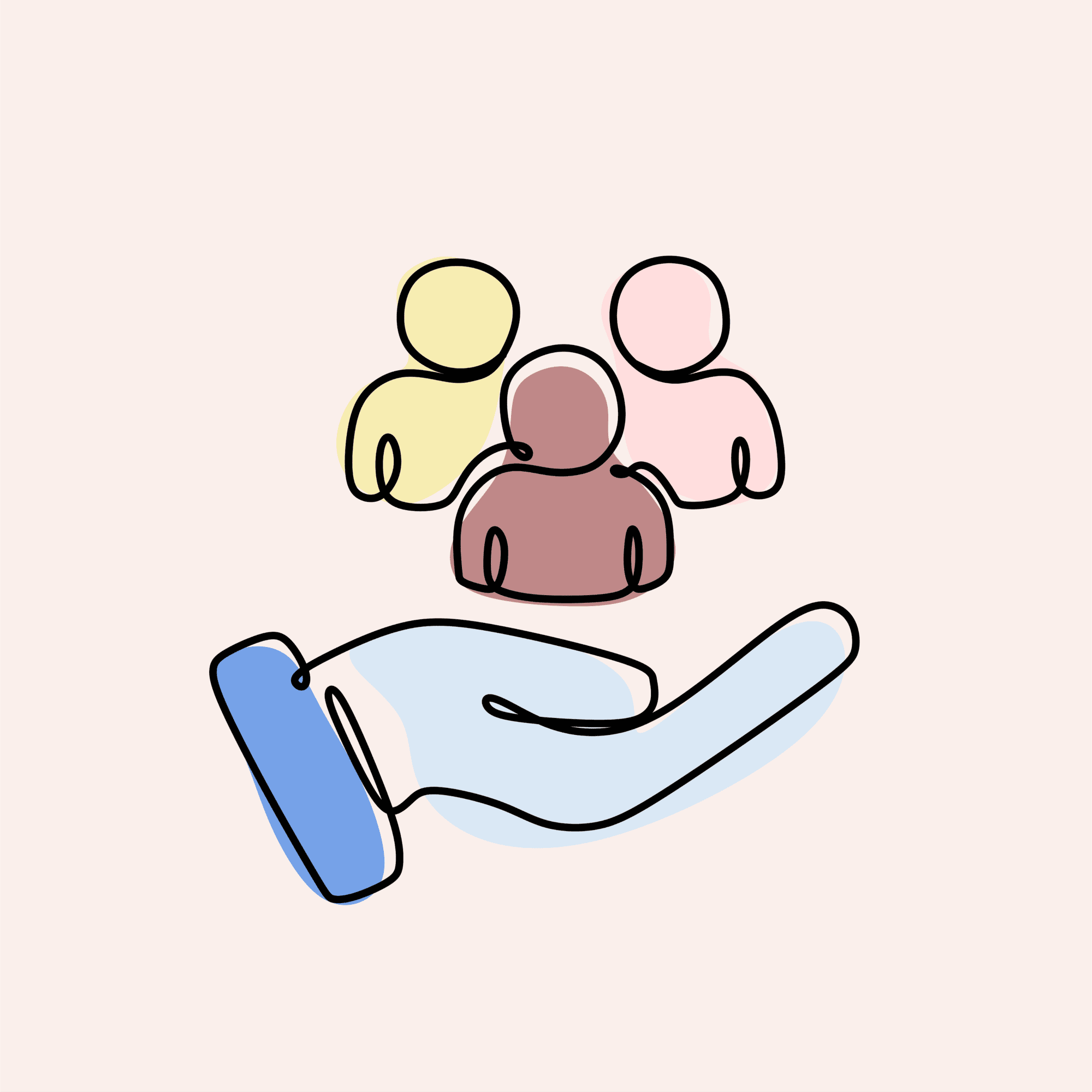 We are excited to move forward in aligning Ahavath Achim with United Synagogues of Conservative Judaism's (USCJ) membership section of Standards for Congregational Practice: "We celebrate diversity among and within our synagogues and encourage the engagement of all those who seek a spiritual and communal home in an authentic and dynamic Jewish setting." Most of us have or know Jewish families with loved ones of other faiths. Embracing these families will allow us not only to support their Jewish growth and identity with AA, it will also help them create a Jewish home of their own. To this end, we will soon be introducing proposed changes to our by-laws
We are excited to move forward in aligning Ahavath Achim with United Synagogues of Conservative Judaism's (USCJ) membership section of Standards for Congregational Practice: "We celebrate diversity among and within our synagogues and encourage the engagement of all those who seek a spiritual and communal home in an authentic and dynamic Jewish setting." Most of us have or know Jewish families with loved ones of other faiths. Embracing these families will allow us not only to support their Jewish growth and identity with AA, it will also help them create a Jewish home of their own. To this end, we will soon be introducing proposed changes to our by-laws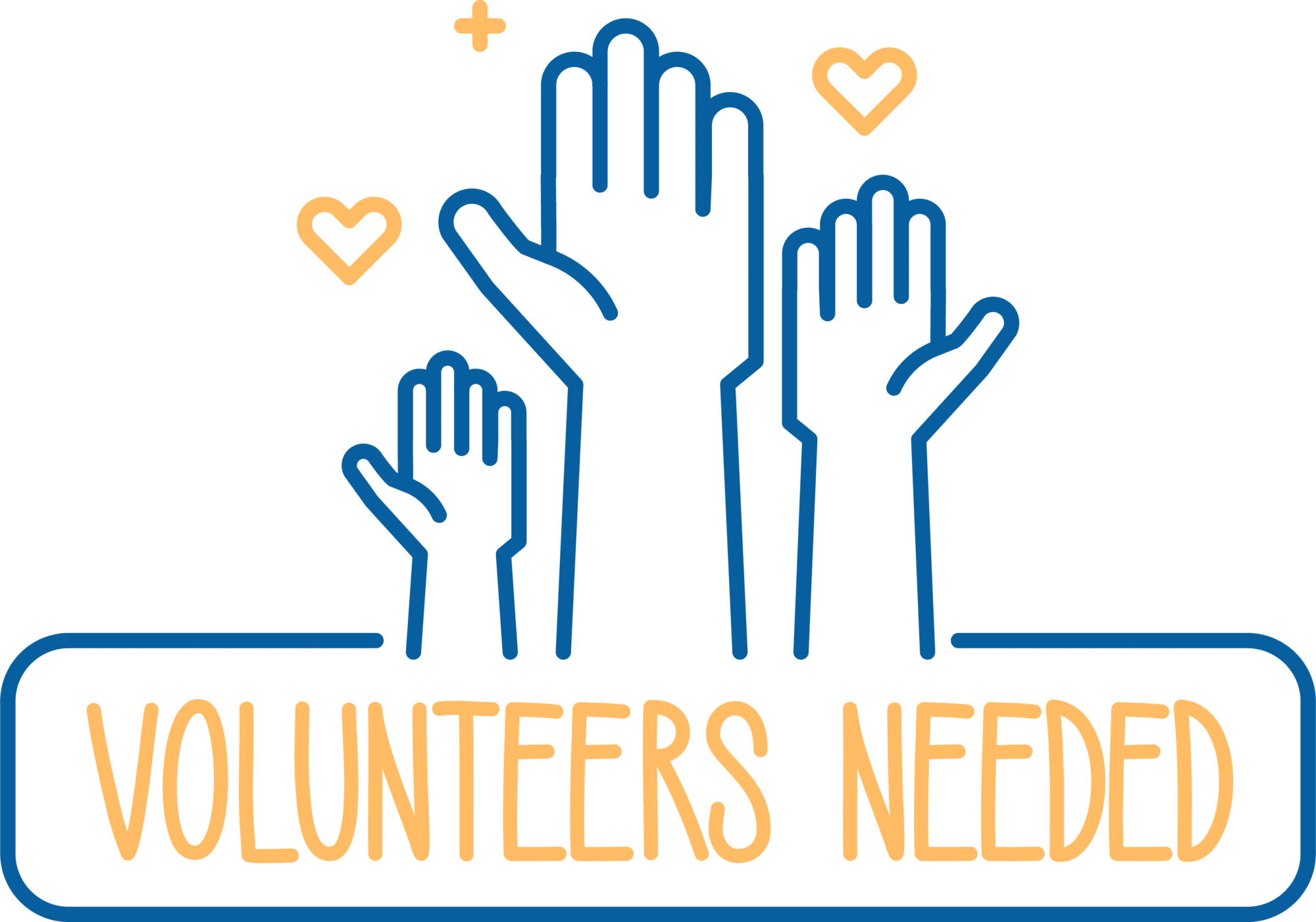 We are in need of an online gabbai to help us deepen our Shabbat morning hybrid service experience. This opportunity will be facilitated from the comfort of your in-home "sanctuary." We seek somebody who can welcome our Zoom participants and invite selected individuals to participate in the service with honors like online aliyah to the Torah, English readings, etc. This position requires the use of the Zoom chat feature, computer camera, and a smiling, outgoing personality. Detailed instructions and training will be provided. We are looking for several individuals to create a monthly rotation. If you are interested, please contact Rabbi Laurence Rosenthal (
We are in need of an online gabbai to help us deepen our Shabbat morning hybrid service experience. This opportunity will be facilitated from the comfort of your in-home "sanctuary." We seek somebody who can welcome our Zoom participants and invite selected individuals to participate in the service with honors like online aliyah to the Torah, English readings, etc. This position requires the use of the Zoom chat feature, computer camera, and a smiling, outgoing personality. Detailed instructions and training will be provided. We are looking for several individuals to create a monthly rotation. If you are interested, please contact Rabbi Laurence Rosenthal ( We have so many wonderful activities at Ahavath Achim Synagogue, from communal to spiritual to social action. The Membership Committee is requesting your help in asking others to come WITH you to any/all synagogue events! Share how many wonderful things are going on at AA with your friends and family! If you know of anyone who should be on our prospective member list or should be contacted by leadership in any way, please reach out to Miriam Habif Gelfond, Director of Outreach and Engagement (
We have so many wonderful activities at Ahavath Achim Synagogue, from communal to spiritual to social action. The Membership Committee is requesting your help in asking others to come WITH you to any/all synagogue events! Share how many wonderful things are going on at AA with your friends and family! If you know of anyone who should be on our prospective member list or should be contacted by leadership in any way, please reach out to Miriam Habif Gelfond, Director of Outreach and Engagement ( We need your involvement in AA's social action programs! Motivate your family and friends "into action" towards the betterment of our community, and envision our current programs continued for the future. Reach out to your nieces, nephews, friends, and new neighbors for new contacts and ideas to help us increase our pool of volunteers for our wonderful existing and future programs. We need you! Find out how you want to be involved by reviewing the
We need your involvement in AA's social action programs! Motivate your family and friends "into action" towards the betterment of our community, and envision our current programs continued for the future. Reach out to your nieces, nephews, friends, and new neighbors for new contacts and ideas to help us increase our pool of volunteers for our wonderful existing and future programs. We need you! Find out how you want to be involved by reviewing the 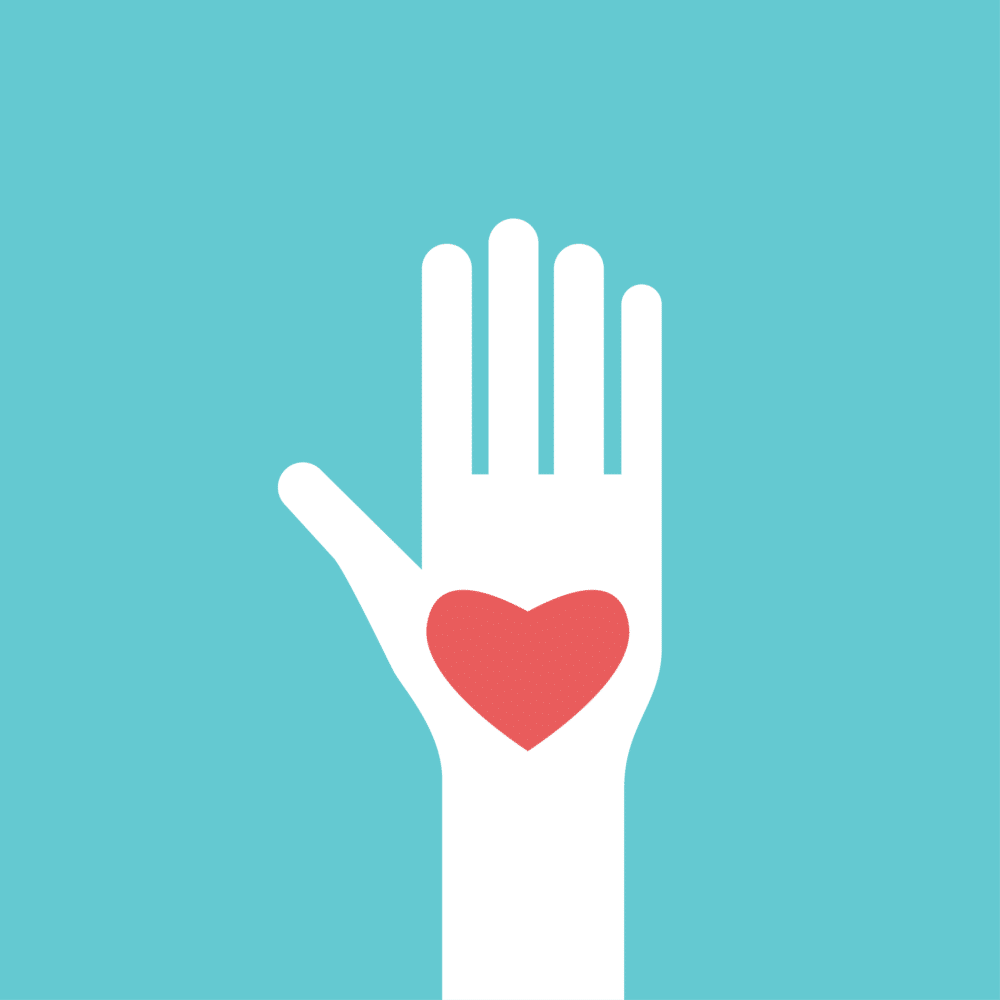 Are you a warm, friendly, dedicated volunteer who wants to make a difference in a fellow congregant's life through acts of loving kindness? Are you willing to make a personal call or visit to comfort and support a congregant who has lost a loved one or been ill? These caring touches – acts of loving kindness – make all the difference in the world to those receiving them. If you want to be a part of strengthening our community, then AA's new Chesed Initiative is for you! This committee will work with our clergy, staff, and lay leaders to connect members who need help with members who want to do good deeds! Additionally, if you know of a congregant who is facing personal difficulties related to health, loss, or grief, please contact Fern Schorr (
Are you a warm, friendly, dedicated volunteer who wants to make a difference in a fellow congregant's life through acts of loving kindness? Are you willing to make a personal call or visit to comfort and support a congregant who has lost a loved one or been ill? These caring touches – acts of loving kindness – make all the difference in the world to those receiving them. If you want to be a part of strengthening our community, then AA's new Chesed Initiative is for you! This committee will work with our clergy, staff, and lay leaders to connect members who need help with members who want to do good deeds! Additionally, if you know of a congregant who is facing personal difficulties related to health, loss, or grief, please contact Fern Schorr (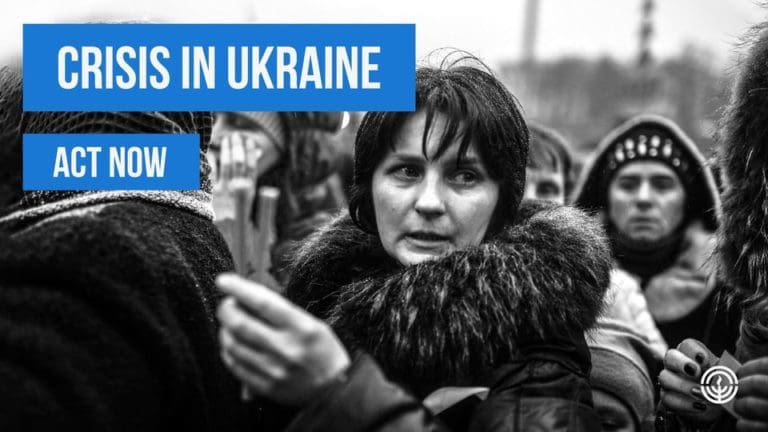 Donate to the Ukraine Emergency Fund of Jewish Federation of Greater Atlanta
Donate to the Ukraine Emergency Fund of Jewish Federation of Greater Atlanta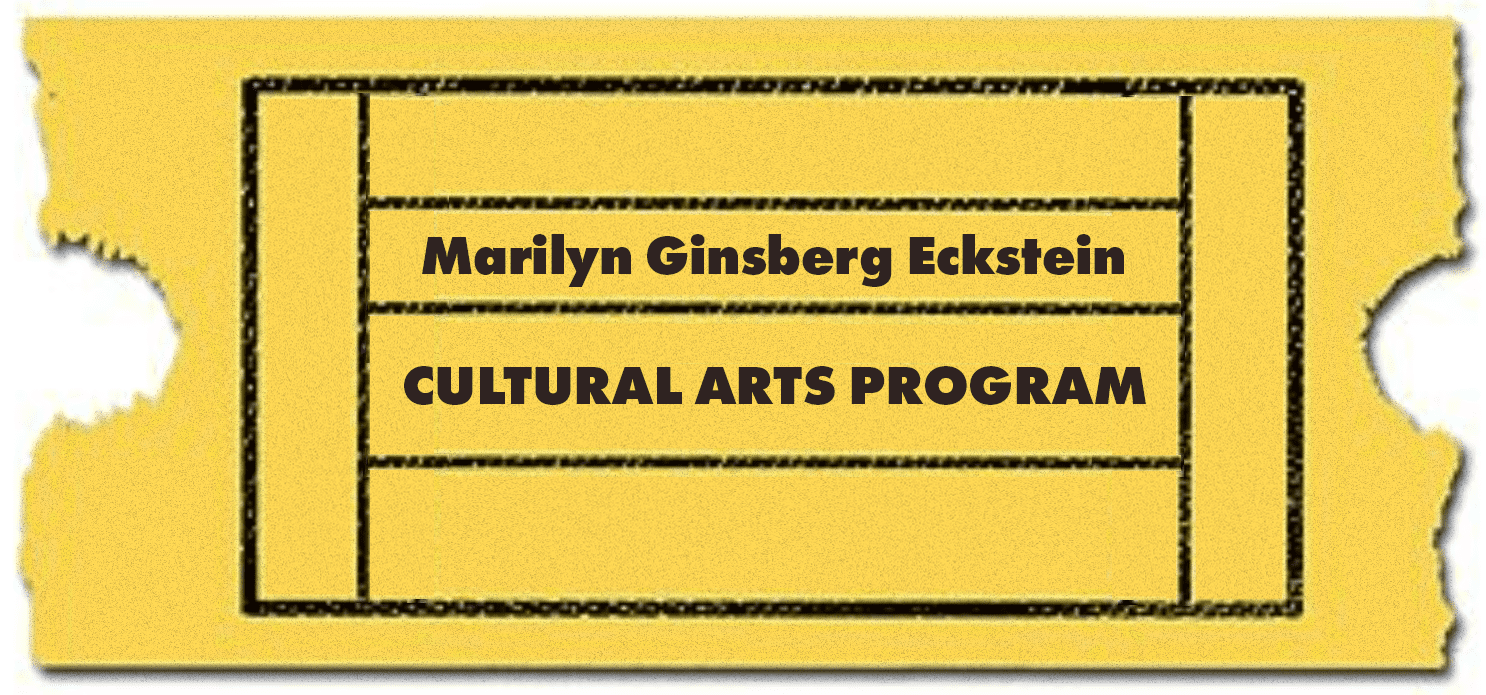 We are proud and grateful to formally launch the Marilyn Ginsberg Eckstein Cultural Arts Program Fund. Formerly the Cultural Arts Program, established in 1977, this fund was established by congregant Marilyn Ginsberg Eckstein to perpetuate AA's broad cultural arts program offerings. AA's cultural arts programming currently consists of: the Fran Eizenstat and Eizenstat Family Memorial Lecture Series, the Chamber Concert Series, the Liturgical Music Artist-in-Residency Program, weekly Shabbat and annual High Holiday musical offerings, and jazz, pop, vocal and instrumental concert offerings. The Cultural Arts Program has long been recognized for its breadth of offerings and its excellence. We hope that you will consider making contributions to this fund as the Marilyn Ginsberg Eckstein Cultural Arts Program offerings continue to present world-renowned speakers, dignitaries, artists, and virtuoso musicians.
We are proud and grateful to formally launch the Marilyn Ginsberg Eckstein Cultural Arts Program Fund. Formerly the Cultural Arts Program, established in 1977, this fund was established by congregant Marilyn Ginsberg Eckstein to perpetuate AA's broad cultural arts program offerings. AA's cultural arts programming currently consists of: the Fran Eizenstat and Eizenstat Family Memorial Lecture Series, the Chamber Concert Series, the Liturgical Music Artist-in-Residency Program, weekly Shabbat and annual High Holiday musical offerings, and jazz, pop, vocal and instrumental concert offerings. The Cultural Arts Program has long been recognized for its breadth of offerings and its excellence. We hope that you will consider making contributions to this fund as the Marilyn Ginsberg Eckstein Cultural Arts Program offerings continue to present world-renowned speakers, dignitaries, artists, and virtuoso musicians.